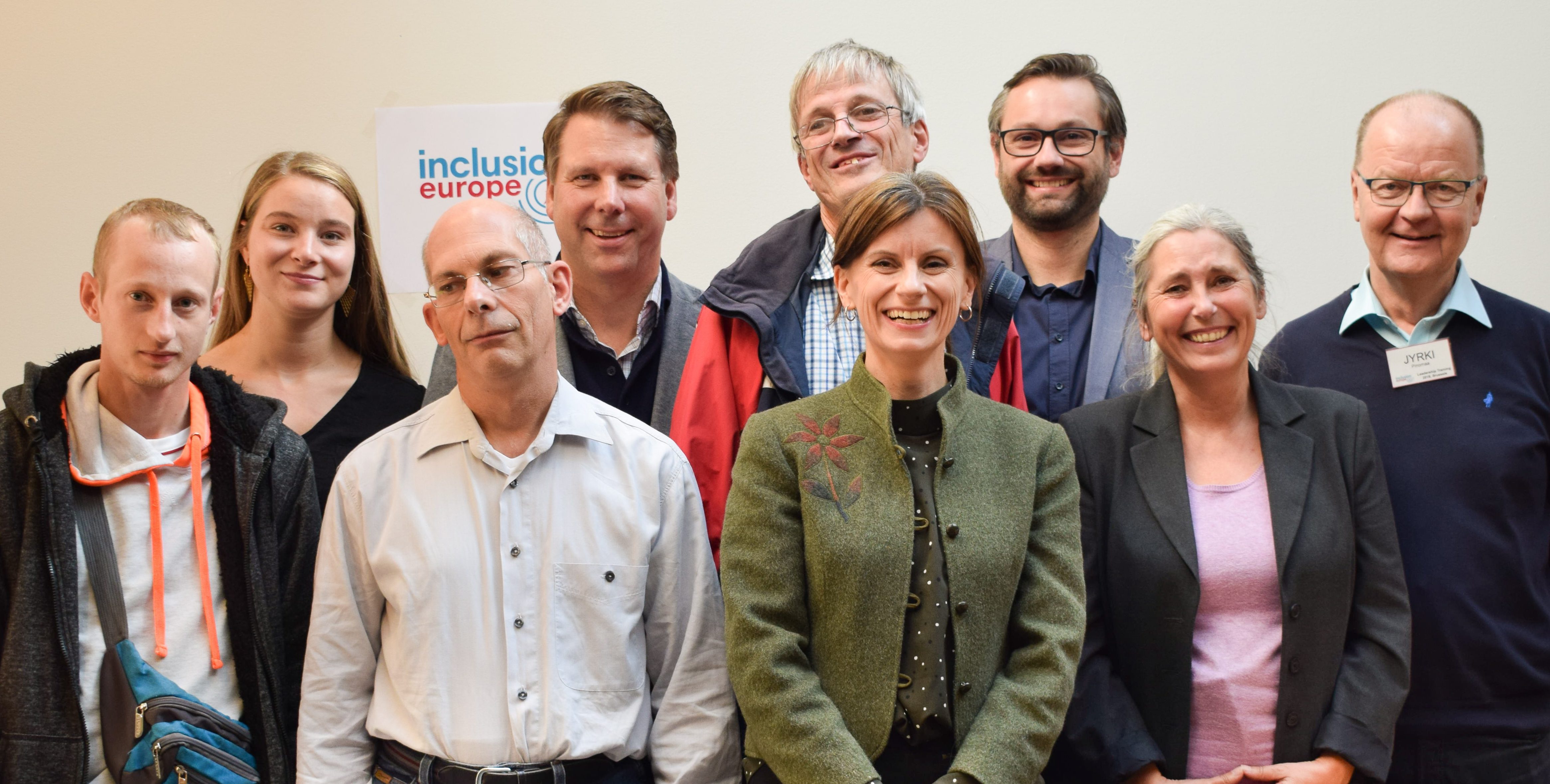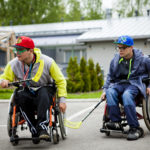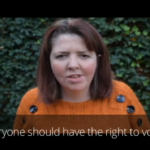The UN Convention on the Rights of Persons with Disabilities introduced the legal recognition of universal legal capacity in its Article 12: it means right to full legal capacity (the capacity to have rights and the capacity to act) by all persons without discrimination on the basis of their disability.
Based on a Human Rights perspective, the Convention has introduced a paradigm shift by replacing substitute decision-making by supported decision-making. Supported decision-making means that there is no transfer of rights to other persons: disabled people fully enjoy all their rights. Plenary guardianship is therefore no longer acceptable and people with disabilities cannot be deprived of their rights. The Convention obliges the States Parties to introduce supported decision-making systems and other alternatives to guardianship with effective safeguards.
The situation in Europe varies a lot from rather progressive models to traditional old-fashion ones. A general trend of reforms to implement „modern guardianship“ laws kept the issue of legal capacity on the political agenda in many countries. There have been several attempts to include models of supported-decision making in the legislation in some Central and Eastern European Countries for example. The project Justice, Rights and Inclusion as well as our traditional conference Europe in Action 2007 have been dedicated to this topic and contributed to the discussions at national level.
The implementation of legal capacity in all the countries is however a real challenge for several reasons:
- Economic and Financial reasons
- Attitudes in the society towards people with intellectual disabilities
- Legal framework
- Political will
Inclusion Europe identified several areas where progress need to be made to support the implementation of legal capacity:
- Better financial and Human resources to develop effective and accessible community-based services
- More and better support networks and circles of friends to support people with intellectual disabilities
- Better knowledge on the distinction between support person and guardian and understanding of their role
- More involvement of the self-advocacy movement and organizations of people with intellectual disabilities in policy and decision making
- Better exchange of information on good practices
- Better awareness raising about the abilities of people with intellectual disabilities
Inclusion Europe has published a position paper on Article 12 and organises Study Visits for its members in different countries (Canada, Germany) to get acquainted with different models presenting interesting alternative to traditional guardianship systems. Many articles and ideas for good practices examples can be found on e-include.
The objective of the TOPSIDE project aiming at providing people with intellectual disabilities appropriate training needed to take their own decisions, to take control over their lives and to perform their role as active citizens will also contribute to the discussions on the implementation of Article 12.


![[:en]”Because I have difficulties in managing money, people say I should not vote. How wrong is that?”[:]](http://staging.inclusion-europe.eu/wp-content/uploads/2018/10/Guillaume-and-Soufiane_cropped.jpg)

![[:en]“It is totally worth the trouble!”[:es]Maribel Cáceres: “¡Merece la pena!”[:]](http://staging.inclusion-europe.eu/wp-content/uploads/2018/08/20171206_100305-e1535621616536.jpg)




